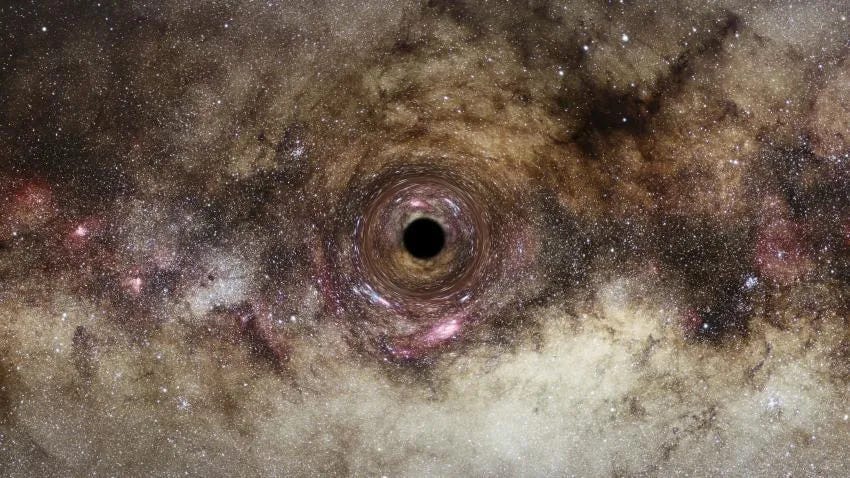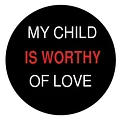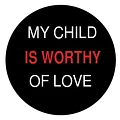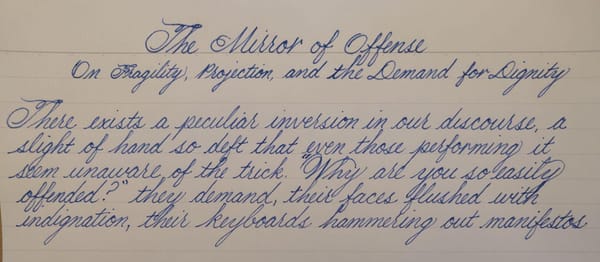We Are Its Gravity

On Bodies and Power
It does seem to be an odd fixation, doesn't it? I do not understand why this has to be the defining feature of a person, wherein all other attributes become secondary, or so it seems when in discussion or debate.
How curious that these people persist in reducing the complexities of existence to mere anatomical fact. One observes here the eternal tendency to define the Other through biological determinism, as if the essence of one's being could be captured and quantified in flesh alone.
This fixation reveals itself as yet another manifestation of the fundamental error: the belief that one must first establish the material facts of the body before acknowledging the full humanity of the person. But why this desperate cataloguing of anatomy? We do not diminish a woman's existence by her capacity or incapacity to bear children; we do not measure a man's authenticity by the functioning of his organs. These physical variations neither augment nor diminish one's fundamental personhood, their experience of living as oneself. To suggest otherwise is to trap humanity in the purely physical, to deny the very possibility of self-determination, agency, and autonomy.
The question thus becomes: what anxiety drives this compulsion to categorize?
In examining these reactions, whether they clothe themselves in moral indignation, manifest as visceral disgust, or emerge as rage over supposed violations of the natural order, one discovers they are merely different faces of the same phenomenon. Each represents a flight from the fundamental human condition: the terror of confronting the Other in their radical freedom. This terror is often met with the backhanded compulsion for control, as if to rectify a deviance and reassert the natural order as true and good.
This is self-deception at its finest: rather than acknowledge the unsettling truth of human complexity and autonomy, rather than accept the broadening of one's mind and the world around them, one retreats into the false comfort of biological essentialism, perceived as the true and good natural order of things. Strip away the elaborate justifications, the moral posturing, the claims to natural law, and what remains is the ancient fear of that which refuses to be contained within our predetermined categories.
We have witnessed this pattern throughout history. We saw it with the emergence of women's rights, when we dared to demand a voice in shaping our own future through asserting our own will and independence: voting, owning land and property, and claiming the right to our own financial independence. We saw it with racial segregation, and we continue to see it with racial discrimination and injustice. We saw it with gay rights when the then-LGBT groups banded together and dared to be seen, loud, proud, and without apology, and again when they demanded their right to life, liberty, and pursuit of happiness, ultimately encapsulated in their right to marriage and family, to the same opportunities and freedoms promised to all yet historically granted only to select classes of men.
In each case, the same prophecy was proclaimed: the downfall of society would surely result. In each case, this did not happen. Instead, we emerged enriched as a society, as a people, as a nation.
The pattern is always the same. In each case, the impulse was to work under the heel of the boot to create room for personal growth, and in spite of the foot growing heavier still, growth occurred. This caused the need for more room, so an organized collective push against the boot heel resulted, and agency was seized and asserted. Eventually, through the song and dance, the boot is cast off their necks, and they emerge into society not because recognition was granted and the boot generously eased, but because they made themselves recognized in spite of the boot. Not through the generosity of the boot wearer, but because we made ourselves such that we could no longer be ignored, no longer able to be kept down and under the boot, and asserted our rights like any other person.
We were not born into society as a woman, as a BIPOC, as a gay man or woman, or as a trans person. We are made into such by said society. Yet beneath these imposed categories lies an inescapable truth: we are all born equally human, equally deserving of the dignity to live as ourselves.
Now we see it again with each new generation as their trans siblings have access to information and understanding previously kept hidden away in more polite company, that are more readily accepted by their peers because we all have learned and understand better now, and more visible and assertive of their inalienable rights to the same effect as all others previously.
I posit so too with trans people. We already see it amidst its current emergence and evolution. The backlash we are feeling today? That is the death throes of the last hanger-ons, the most ardent and vitriolic groups that historically have had the hardest time ceding control. We see this with the concerted and funded campaign not just against trans people as a class, but also to divide and conquer the most resilient and independent coalition that has stood against oppression for a long time: the LGBTQIA+ community as we know it today.
It is not perfect. There is much work we need to do from within, particularly when it comes to our BIPOC community. We most certainly should do better standing up for the intersectional issues that permeate all we stand for, particularly when it comes to our most vulnerable. This internal strife notwithstanding, its diversity is its strength, our common cause binds us together, and as we know from history, repeated efforts to exploit the cracks and chips will only serve to strengthen our resolve and resilience. The boot always fights hardest just before it loses its grip entirely.
And that feeling of slipping and losing traction? That is the loss of control felt by the boot wearer, an unsettling feeling, a fear of falling. That fear is the primal fear of insecurity of one’s standing, and what the resulting landing will entail. We know from history that the sting is more about being wrong and immoral, and the resulting consequences of such, than it is about the fall. From history we know that the natural impulse is to immediately seek a new high ground from which the boot may be used once more to elevated themselves. The issue I believe we are seeing today is that, as they are falling, they are finding there is no new high ground from which they can historically cling to. This last hill has become the one they have chosen to hold at all costs.
When you cannot argue against someone's humanity, dignity, or rights without revealing your own moral bankruptcy, all that remains is to point at their body and insist it tells a story that their lived experience refutes. But bodies, like history, tell their own truths in time. That they have chosen this hill, this obsession with flesh and anatomy, as their final stand is no accident. So be it. We know what they fear to acknowledge: that personhood transcends flesh, that dignity cannot be anatomized, and that freedom, once tasted by one, becomes the birthright of all. We have climbed steeper hills before, cast off heavier boots, and emerged each time more ourselves than we were allowed to be before. This time will be no different, save for one detail: there are no more hills left for them to retreat to. The arc of history bends toward justice, and we are its gravity.


